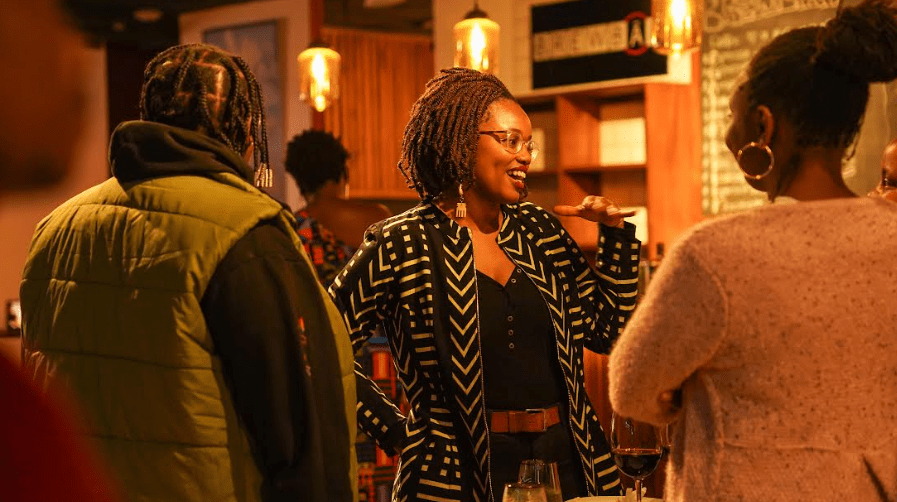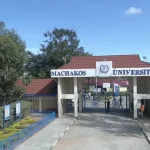Toni Kamau is a News Emmy, PGA and Peabody nominated producer and founder of the production company We Are Not The Machine (WANTM), which develops and produces factual and fiction content.
Early this year, WANTM announced that they were venturing into scripted podcasts through its first project, After The Credits Roll. The scripted podcast, distributed via Nipe Story, detailed the experiences of the protagonist of the award-winning documentary I Am Samuel which was banned in Kenya upon its release.
Toni’s other projects include the Emmy-nominated, multiple award-winning “Softie”, directed by Sam Soko, which premiered at Sundance 2020.
In this interview, Toni gives insight into what drew her to the project, the rise of scripted podcasts, how media houses can create the same and the future of the medium.
Podcasts have more diverse storytellers and producers
Over the past few years, we’ve seen a rise in scripted podcasts and radio dramas. Why do you think this format has gained so much popularity?
You can listen to podcasts on the go, so convenience and I think it’s more democratic, so we have more diverse storytellers and producers engaged in this medium. It’s also mostly advert-sponsored and free to listen to across the world.
What unique benefits do scripted podcasts offer compared to other forms of media, like articles, videos, or unscripted podcasts?
While doing the scripted podcast inspired by the life of Samuel, the protagonist of the documentary “I am Samuel”, we were able to work remotely with a US-based writer/ director and we were able to also do casting calls remotely. As such, the costs of production were also much lower and production of content was faster.
Do you think scripted podcasts and radio dramas effectively convey complex or nuanced stories that might be challenging in other formats?
I think it’s possible to convey nuance regardless of format. But, as We Are Not The Machine we have diversified our content production to podcasts because it’s an interesting way to engage with stories told in other formats. You can produce a documentary and a companion documentary podcast using excess footage from the documentary, or do a scripted adaptation that compresses or extends the original story. There’s a lot of room to innovate.
I think its possible to convey nuance regardless of format
What are some of the ways WANTM is fostering a sense of community among its listeners?
We engage with our audience through social media and by researching some of the ways that other popular podcasts have built and engaged consistently with their audiences.
You have worked with media stations like the BBC, what challenges do they face as they transition into scripted podcasts? How can they overcome them?
As filmmakers, we are used to relying on both audio and visuals so to make the transition, it is important to do your research – to listen to podcasts, and study them – understand how they do world-building, and drive plot through action without relying on visual elements. It is also important to find skilled collaborators who work in audio.
Speaking of which, WANTM is interested in partnering with non-profits, corporations and mainstream media houses interested in sharing messaging through quality audio productions.
you can travel around the continent or world through audio much more cost-effectively
In your opinion, how do scripted podcasts fit into the broader landscape of journalism and entertainment?
Podcasts are an interesting way to tell historical stories, as you can rely on interviews only, and you can travel around the continent or world through audio much more cost-effectively than you can with visual mediums. So it’s great to have as part of your content production pipeline.
What is the future for scripted podcasts and WANTM?
I see more scripted audio dramas from diverse, exciting filmmakers. And, we are currently in development on some exciting projects at We are not the machine that will continue to break barriers and introduce emerging talent to audiences across the globe.





